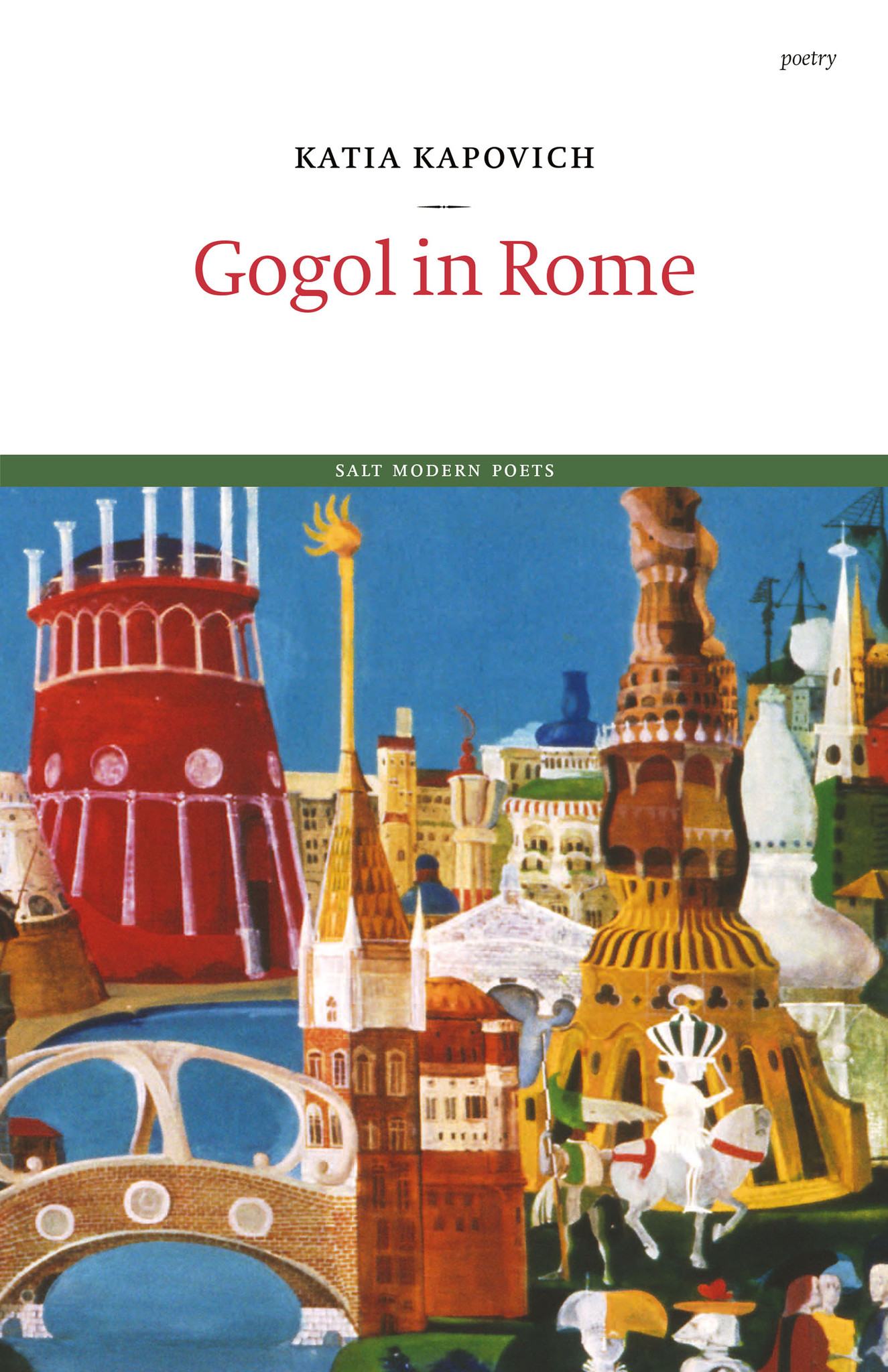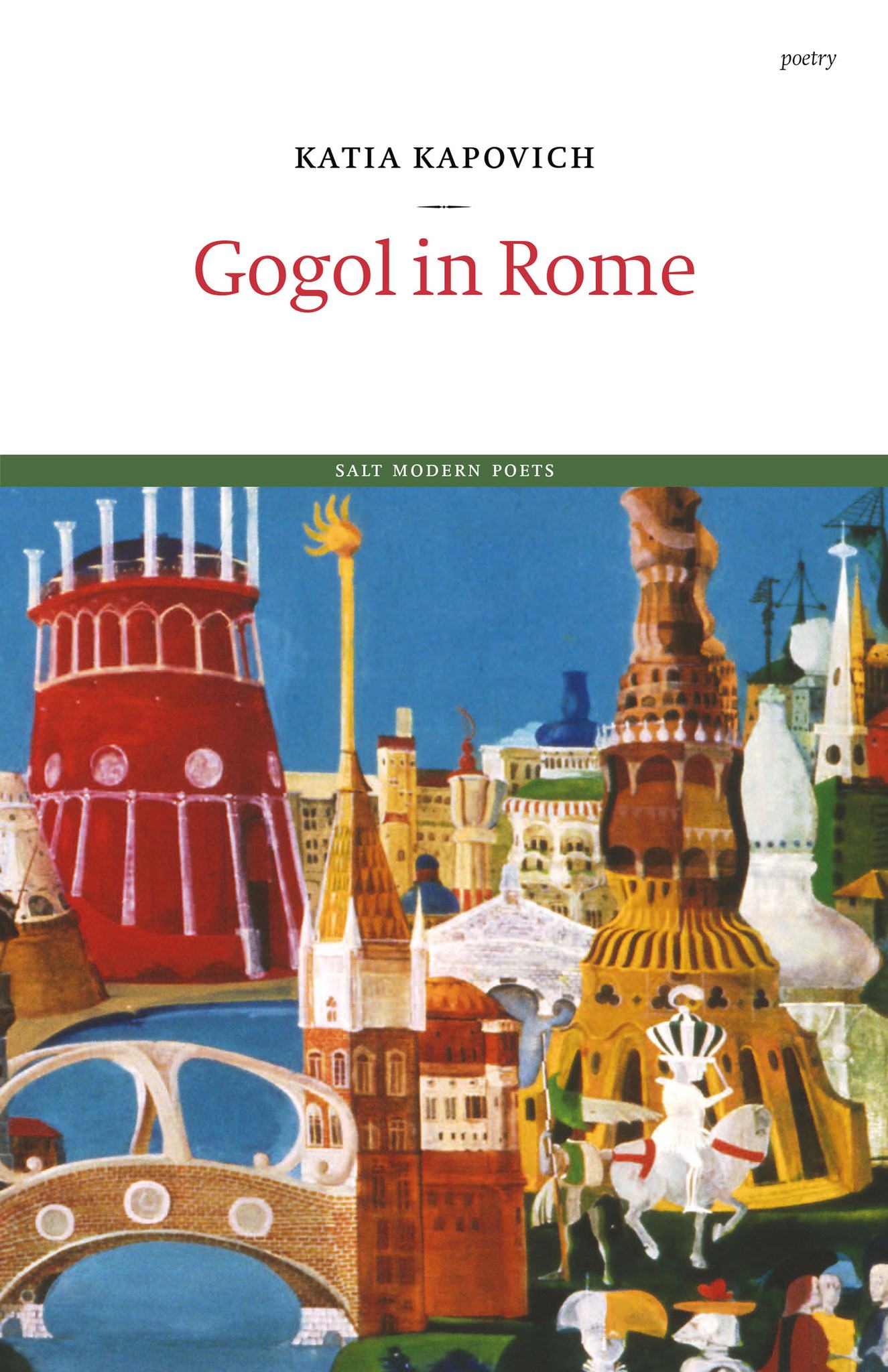Katia Kapovich
Gogol in Rome
Gogol in Rome
ISBN:9781844710461
Couldn't load pickup availability
Synopsis
Shortlisted for The Jerwood Aldeburgh First Collection Prize. Katia Kapovich’s poems embody a personal kind of lyricism. Often focused on specifics of locality and displacement, alienation and marginality, they remodel the actual and infuse poetic thought with a dual sense of time, where the past and the present live simultaneously. Here is a gallery of narrative portraits that are both unheroic and unforgettable – deaf and mute children, laundering women, Moldovan homosexuals, beggars, pickpockets, mental patients, black-marketeers, peasants, troubled teens, unknown artists, Israeli Bedouins, Russian draftees, Soviet boy scouts, political convicts … Kapovich’s characters are at home in Dostoyevskian, borderline worlds. Combining the polyphony of their voices into the registers of her own, different voice, the poet documents the great beauty that can sometimes emerge out of marginalized existence.
Praise for this Book
‘Katia Kapovich possesses one of the freshest, most arresting poetic voices I have heard in a long time. She can sway effortlessly from the most common detail into zones of sheer imaginative wonder. That she offers a rare view of a poet’s daily life in Soviet and post-Soviet Russia only adds to the broader significance of her writing. Gogol in Rome is a powerful gathering of her best work in English.’ —Billy Collins
‘Katia Kapovich’s indelible vignettes introduce us to the eerily desolate landscapes of post-Glasnost Eastern Europe, often through the filter of that dream-like, transitional consciousness peculiar to the recent émigré to America. Her poetry is singularly vivid, poignant, and manages to capture in miniature what Babel and Chekhov achieve in their finest tales.’ —August Kleinzahler
Reviews of this Book
‘These are poems of grave social and psychic straits: a troubled childhood, a stay in a mental hospital, and all the lacerations within and between selves engendered in exile.’ —Dan Chiasson


